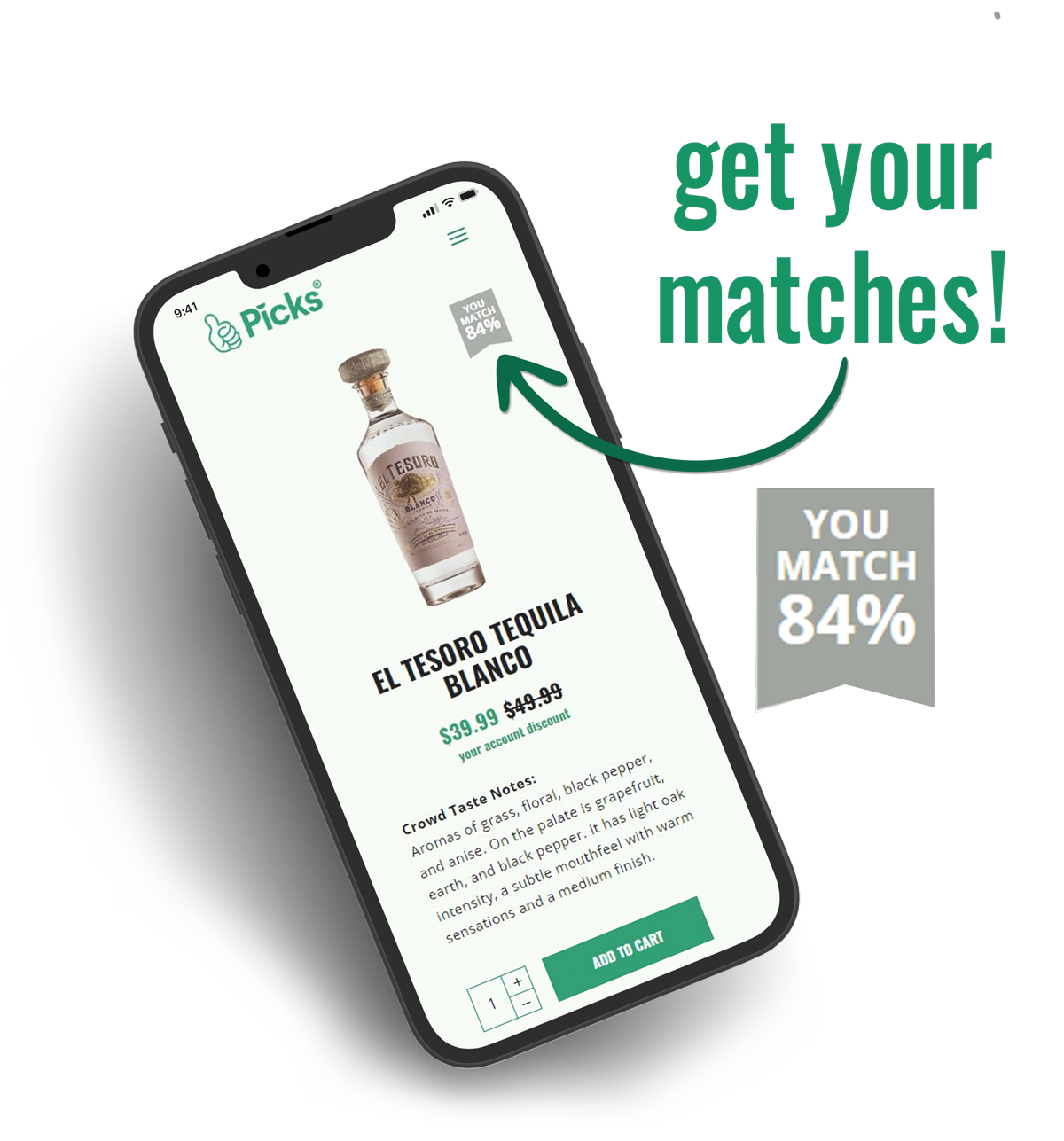WHO and Temperance Groups: Are Abstinence Policies Shaping Global Alcohol Policy?
Mar 25, 2024 • 3 min read


The World Health Organization’s (WHO) recent bombshell declaration of “no safe level” of alcohol consumption has raised eyebrows. This policy shift aligns with the growing influence of temperance groups on global health organizations. Let’s delve into how this unlikely alliance is shaping alcohol policy worldwide.
A Broken Dialogue and the Rise of Neo-Prohibitionists
In 2015, frustration with the alcohol industry’s influence led public health organizations to abandon the EU’s Alcohol and Health Forum. This created a gap that the WHO, with its “Trojan horse” strategy focusing on alcohol and cancer, was quick to exploit.
The WHO’s key partner, Movendi International, has a long history. Founded as a temperance group in the 1800s, it downplays its past while advocating for abstinence-based policies disguised as public health concerns. Movendi and similar groups are adept at framing the alcohol industry as a monolithic entity, conveniently ignoring the diverse world of winemakers and small producers.


Movendi’s influence is evident in recent policy changes. Canada’s drastic reduction in recommended alcohol consumption and the WHO’s “no safe level” pronouncements are prime examples. These policies often disregard the well-established J-curve theory, which demonstrates potential health benefits associated with moderate drinking.
A recent meta-analysis by Movendi-affiliated researchers challenging the J-curve has been heavily criticized by medical professionals for methodological flaws.
The Impact and the Fight Back
The “no safe level” message resonates with policymakers due to its simplicity, while the complexities of scientific research are often left unheard. This approach has already impacted public perception, with a growing number of people believing moderate drinking is harmful.
The wine industry is pushing back through organizations like Wine in Moderation, promoting responsible consumption. They argue for a nuanced approach that acknowledges the cultural significance and potential health benefits of moderate wine consumption within a balanced diet.


The Road Ahead: Culture, Science, and Informed Policy
The question remains: should abstinence groups dictate global health policy? Countries like Japan are already updating their guidelines based on the WHO’s pronouncements. The US is likely to follow suit.
The focus should shift towards a balanced approach. Highlighting the cultural significance of wine and advocating for responsible consumption, as championed by the wine industry, can coexist with efforts to combat alcohol abuse. Policymakers need clear, unbiased scientific data to guide their decisions, not fear-mongering from special interest groups.
This is a critical juncture for global alcohol policy. A more transparent and science-based approach is essential to ensure responsible consumption and a vibrant cultural heritage are not sacrificed in the pursuit of unrealistic abstinence goals.



